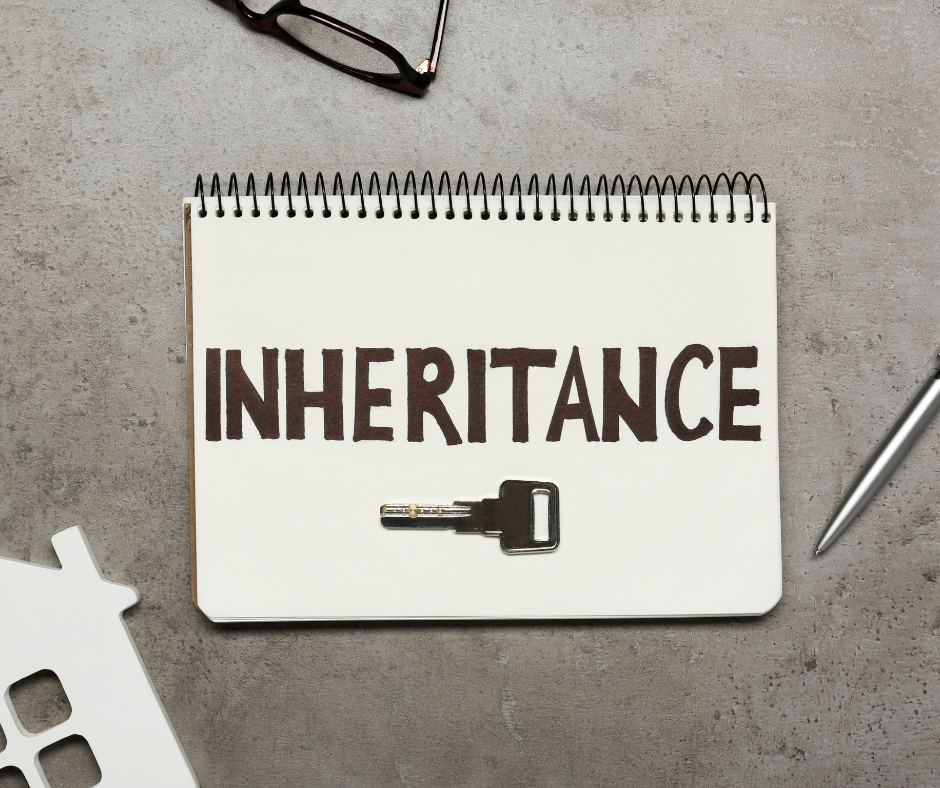
Unclaimed estates list reveals over £1 billion of estate assets waiting to be inherited
2nd November 2023 by Alison Lloyd
The government’s unclaimed estates list has exceeded £1 billion in assets. This is money and property left by individuals where no heir has been located.
If someone dies without leaving a Will, it may be the case that it is not easy to trace the person entitled to inherit. Alternatively, if a Will has not been updated, the beneficiaries may have died or moved away, leaving an estate unclaimed.
What happens if you do not make a Will?
If someone dies without leaving a valid Will, the Rules of Intestacy will determine who is entitled to inherit the estate. These set out in a strict order of priority who inherits.
If the deceased had a spouse or civil partner and children, then their spouse or civil partner will inherit the first £322,000 plus all of the deceased’s personal possessions. The rest of the estate will be divided in half. The spouse or civil partner will inherit one half and any children will share equally in the other half.
If the deceased had no children, the spouse or civil partner would inherit everything. Similarly, if they had no spouse or civil partner, the children would inherit everything.
Where the deceased had no spouse, civil partner or children, the next categories of relative entitled to inherit are as follows:
- Parents; or, if none alive
- Siblings or, if siblings have died, siblings’ children; or, if none
- Half-siblings or their children; or, if none
- Grandparents; or if none alive
- Aunts and uncles or, if aunts and uncles have died, their children
- Aunts and uncles of half-blood or, if they have died, their children
Where none of the above relatives exist to inherit, the estate will pass to the Crown. This is known as bona vacantia, which translates as ‘vacant goods’.
What happens if beneficiaries cannot be located after someone’s death?
In some cases, it might not be possible to locate beneficiaries after a death or even to know whether they exist. The estate’s personal representatives need to do all they can to trace all beneficiaries in order to fully discharge their duties. This can include placing advertisements in the Gazette and local newspapers in an effort to locate individuals entitled to inherit or use a genealogist to assist in tracing the individuals entitled to inherit.
The government may also place advertisements as well as publishing a list of unclaimed estates to try and find beneficiaries.
If no-one can be found, then an estate will usually stay on the bona vacantia list for 12 years. During this time, you can make a claim if you can show that you are a beneficiary entitled to inherit. Beyond this time, you can still generally make a claim for up to 30 years after the date of death, although no interest will be paid on the assets if the claim is received after more than 12 years.
After 30 years, the assets are owned by the Crown.
Making or updating a Will to safeguard the future for your loved ones
Everyone should have a Will in place setting out who they wish to inherit their estate as well as who they would like to deal with the administration.
Making a Will also provides you the opportunity to appoint a guardian for your children if they are under 18 and to structure your estate in the most tax efficient way possible.
If you have a Will, you should review this at least once every five years as well as in the light of any major life events. For example, if you marry, your Will is revoked unless it was drafted in contemplation of the marriage.
Relying on the Rules of Intestacy is not recommended. It may be difficult for your administrators to identify and locate beneficiaries and it could result in misunderstandings and disagreements over what you might have wanted to happen to your assets.
Contact us
If you would like to speak to one of our expert Wills and probate lawyers, please contact a member of Laceys Wills, Probate and Trusts team on 01202 377984 or email info@laceyssolicitors.co.uk and we will be happy to help.


